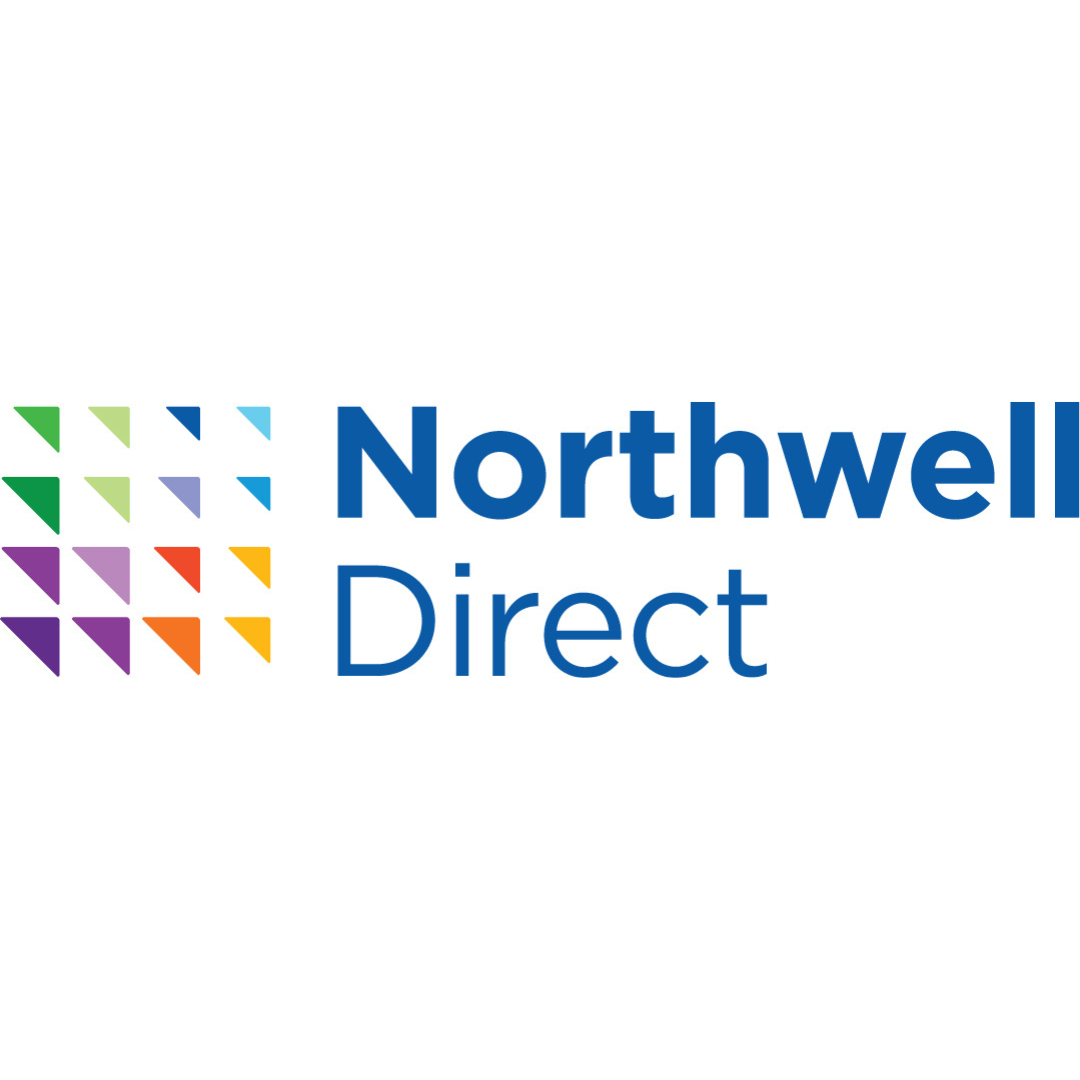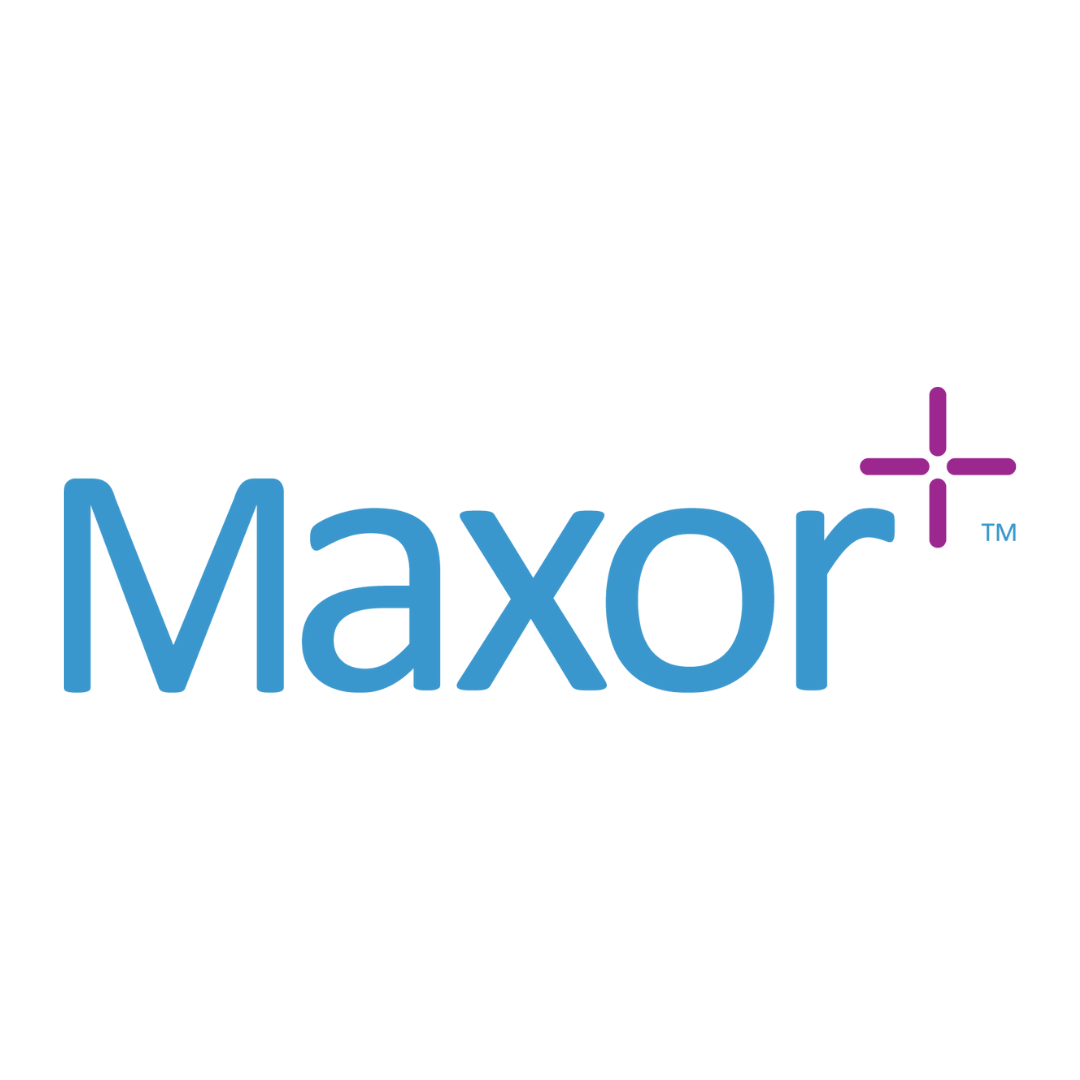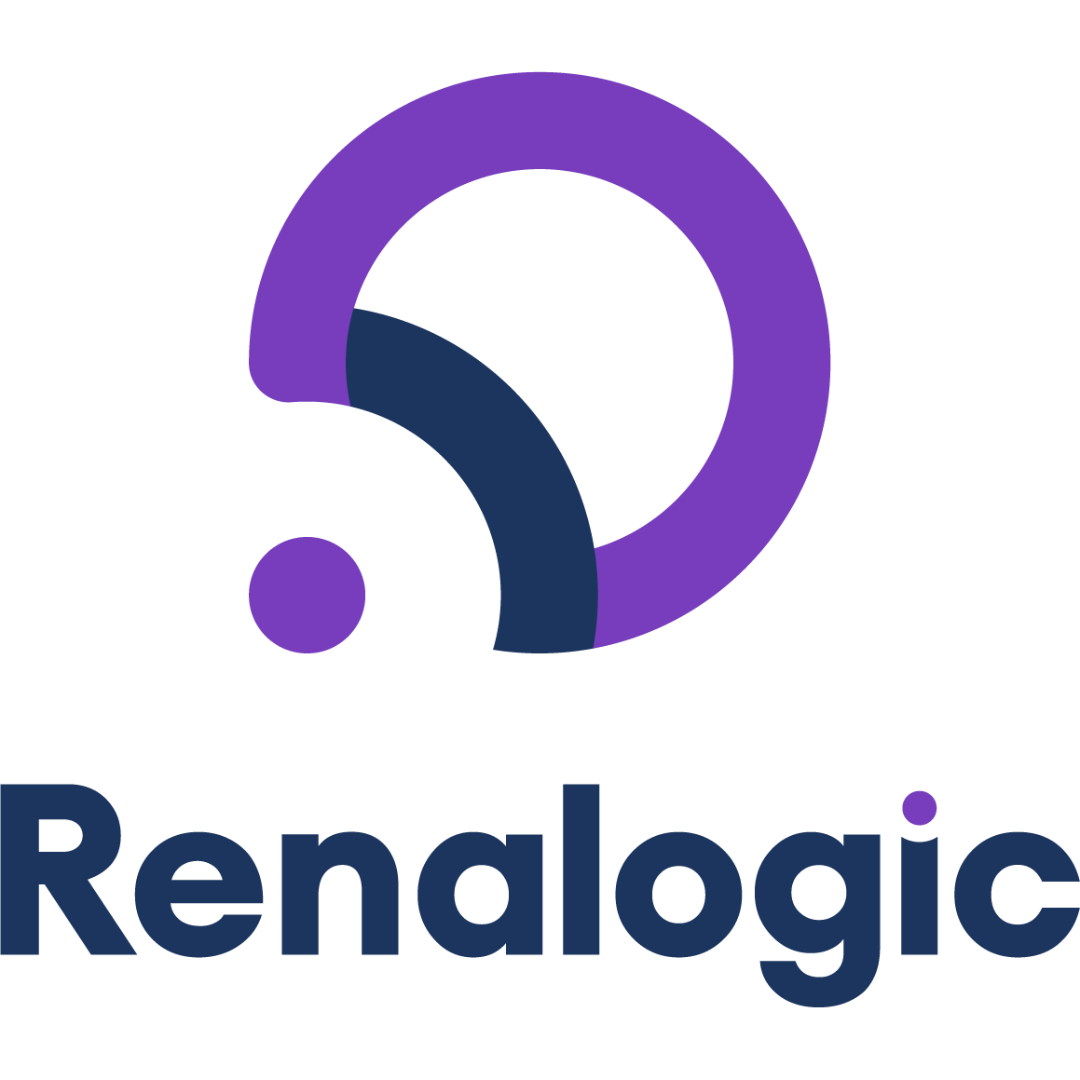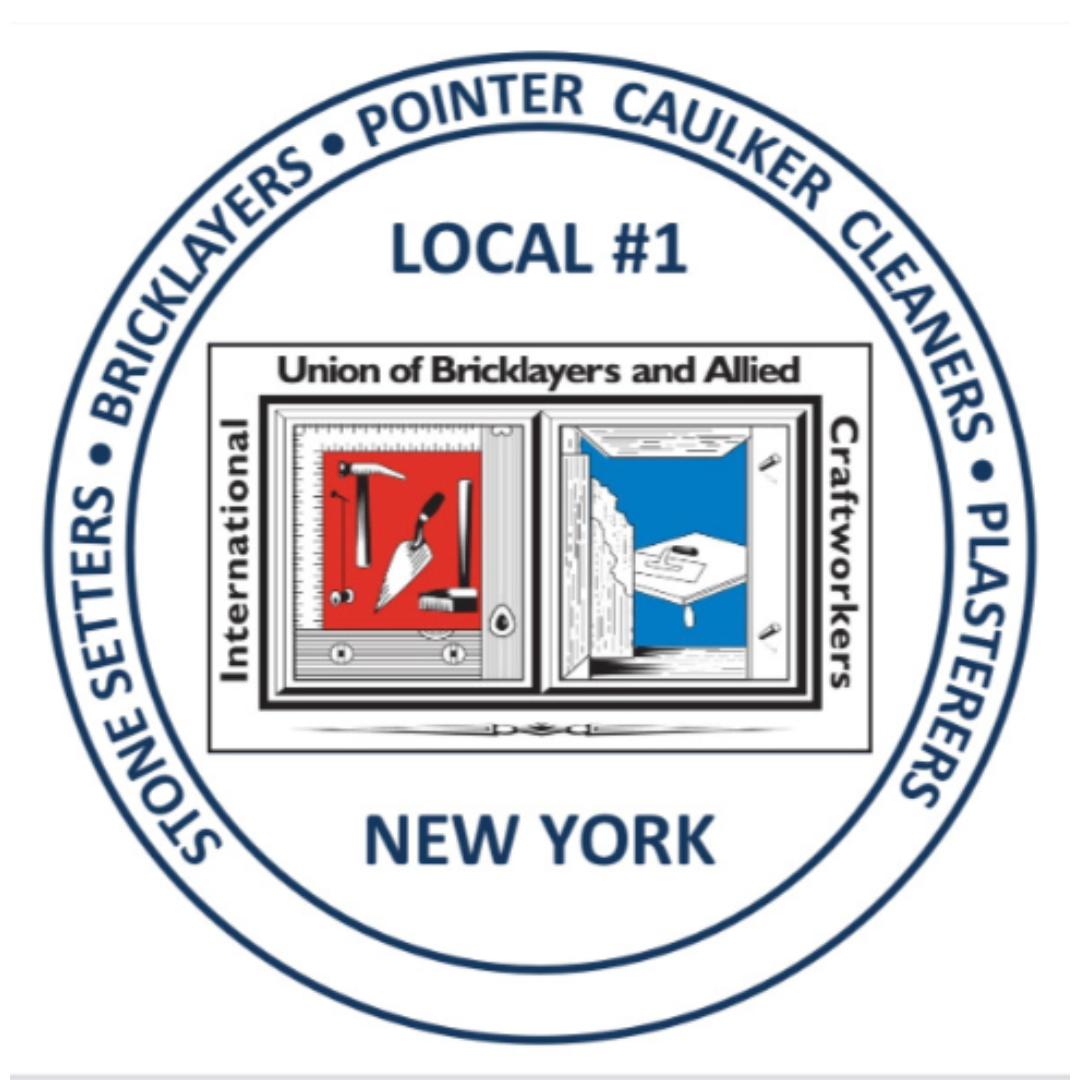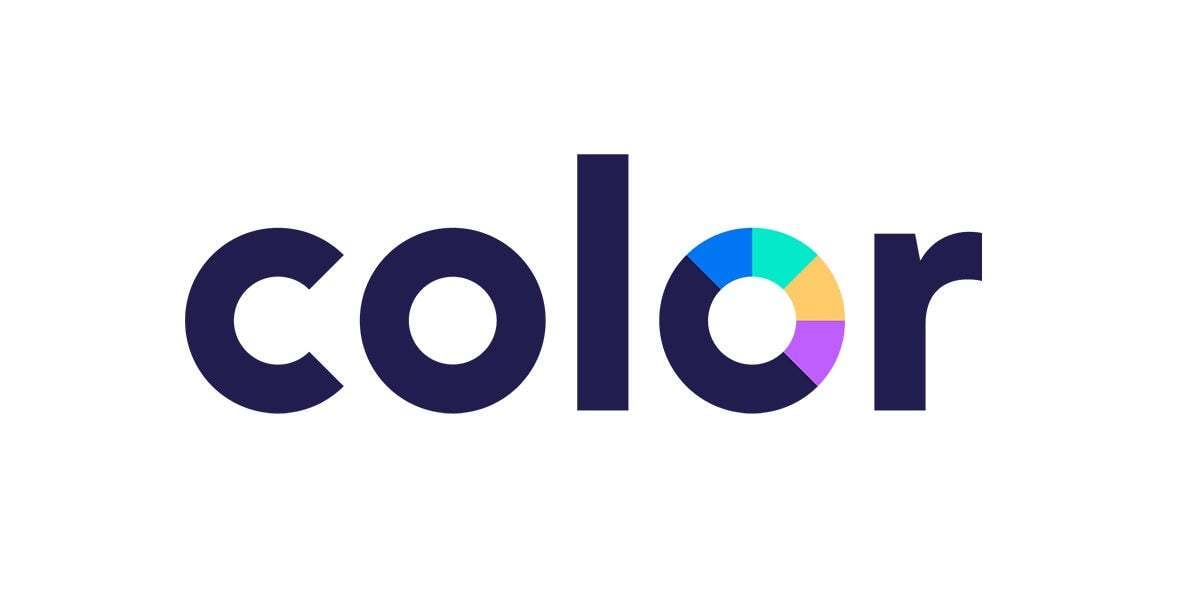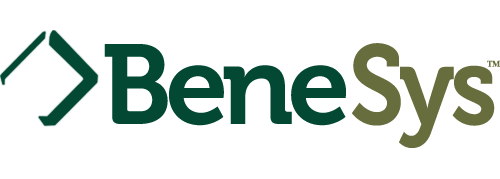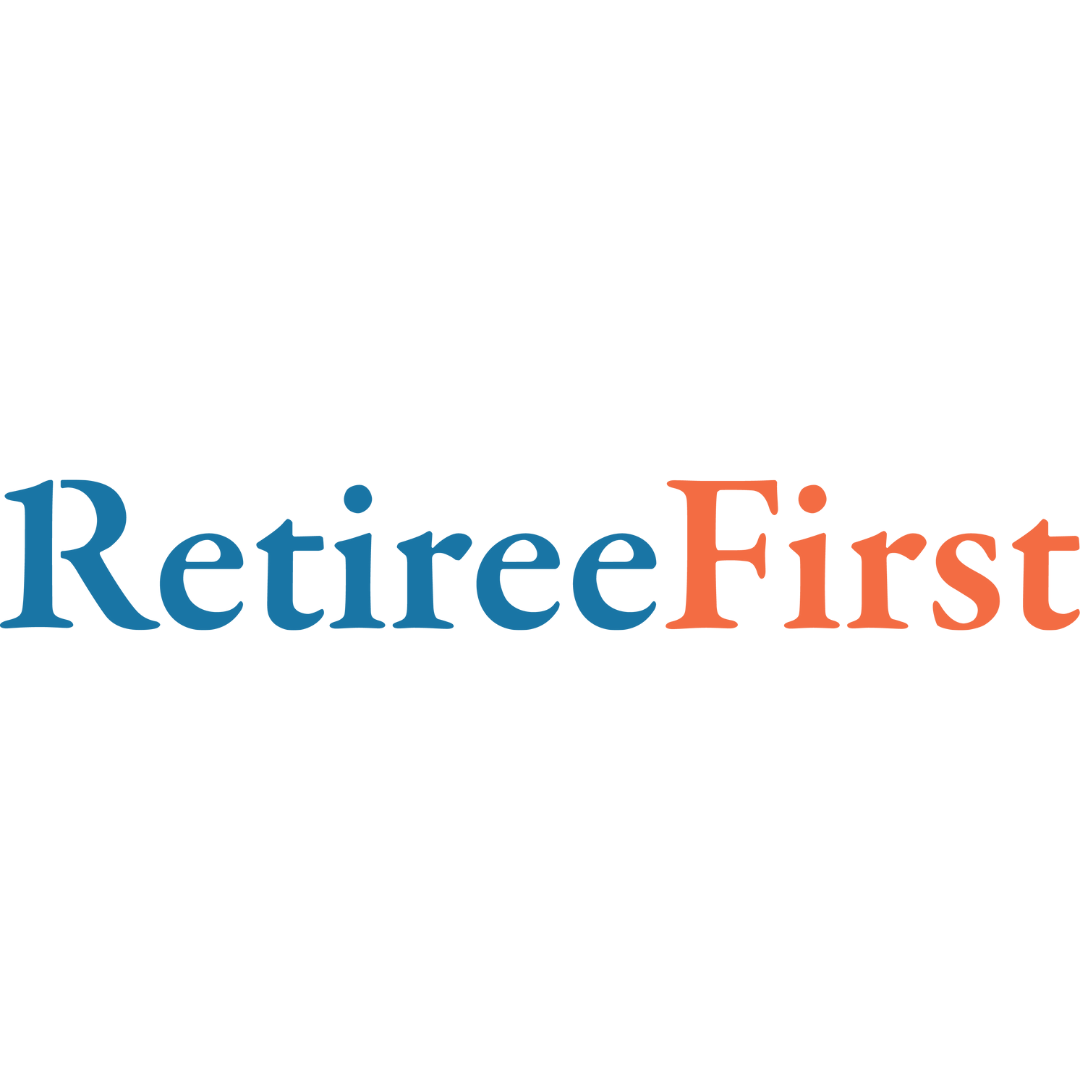Using AI to Accelerate Cancer Diagnosis to Treatment Time for Your Workforce

We’re entering a new era of cancer care, where technology is reshaping how quickly we can move from diagnosis to treatment. At Color, we’ve developed an AI-powered copilot in partnership with OpenAI to help address these challenges.
Despite advancements in cancer care, the journey from diagnosis to the start of treatment remains laden with delays for most patients. On average, it takes about 6 weeks to be seen at large academic medical centers. Before an individual can even attend their first oncology appointment, they must undergo a diagnostic workup, which includes comprehensive evaluations such as imaging, biopsies, and lab tests. These evaluations, conducted after initial cancer screening, are crucial for accurate diagnosis and treatment planning. But documenting and performing a single patient’s diagnostic workup can take weeks, and often result in patients arriving at their oncology appointments without a complete workup, further delaying treatment.
For employers providing healthcare coverage to their workers, this gap isn’t just a medical issue—it’s also a significant financial concern. No matter what “treatment navigation” solution you have in place, it isn’t going to solve this problem. This is why Color has invested in technologies and solutions that accelerate the diagnosis-to-treatment timelines. It’s because…
- Every day counts: After a cancer diagnosis, time to treatment is critical. Yet, patients often face weeks of waiting for their first oncology appointment, only to be informed that more tests are needed.
- Delays are costly: These delays not only cause anxiety for employees. They can also adversely impact treatment outcomes, extend time away from work, and increase healthcare costs. In fact, research cited by The BMJ notes that a 4-week delay in treatment can increase mortality risk by 6-13%
Our AI copilot is designed to bridge this gap, bringing specialized oncology knowledge directly to doctors, nurses and primary care physicians. For those using Color’s Virtual Cancer Clinic, assigned clinicians utilize copilot to analyze patient information and prepare complete diagnostic workups following diagnosis.
This process streamlines workups and ensures patients arrive at their first oncology appointment with comprehensive diagnostic information.The benefits for your workforce and bottom line can be substantial:
- Improved health outcomes: Employees can begin their cancer treatment sooner, often improving outcomes.
- Less work disruption: Accelerating time to treatment can also lead to more efficient treatment plans, reducing an employee’s time away from work.
- Cost-effective care: By ensuring that necessary tests are completed upfront, copilot reduces delays and redundant appointments, which have a material impact on reducing overall healthcare costs.
At Color, we understand the importance of safety and quality in healthcare applications. Our copilot is built on a human-in-the-loop model, ensuring that AI recommendations are always reviewed by clinical experts.
We’re taking a phased approach to implementation, beginning with a measured roll-out with Color’s care teams for patients in our programs who are newly diagnosed or are in the process of following up on abnormal cancer screening results in our program. The goal is that any diagnosed patient in Color’s care shows up to their first oncologist appointment with the most complete clinical information and care to help them get into treatment as quickly as possible – no matter what cancer center or oncology group they might see for treatment.
As we continue to refine and expand this technology, we’re committed to working closely with employers to ensure it meets the unique needs of your workforce. If you are interested in learning more and if your employees could benefit from this approach to deliver more efficient care, please reach out to us at copilot@color.com.
Tags:AICancer CareCancer PreventionCancer ScreeningHealth EquityProductTechnology



